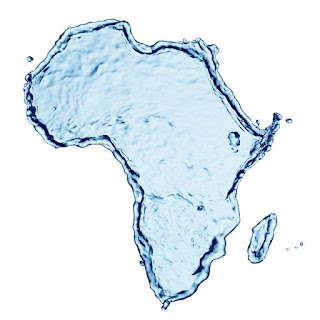Concluding remarks for coping with the water paradox in Africa
We’re coming to an end to my blog! We’ve explored the
water paradox in Africa, in the form of understanding water scarcity, water
stress and the reasoning behind why there is such an imbalance on the water
distribution. Looking back, using the study case of Nigeria and Madagascar helped
me get a better grasp of the internal and external challenges that are faced in
order to improve water management. It is clear that the subject of
environmental change is not enough to fully understand how to tackle the
hydrological cycle in Africa, and can be extended to subjects such as
governance, agriculture, economic development and many more. Furthermore, the final
objective of discussing this subject involves being
able to find sustainable solutions that would provide clean, affordable water.
I believe this can be done with the adequate infrastructure, funds, and accurate
mitigation strategies that is conform to what a physical environment truly
needs. Hopefully, the agreements established at the COP27 will be a turning
point in the development of places rich in potential but that do not have sufficient
funds and are frequently slowed down by the consequences of environmental
change. I hope that in the next conference, the next objective will be to
address more the idea of decarbonization
and reversing climate change, as this idea was not sufficiently stressed out in
the latest gathering.
Thank you for reading my blog, and I hope you’ve been learned, been
inspired by it, or even just enjoyed it!



Comments
Post a Comment